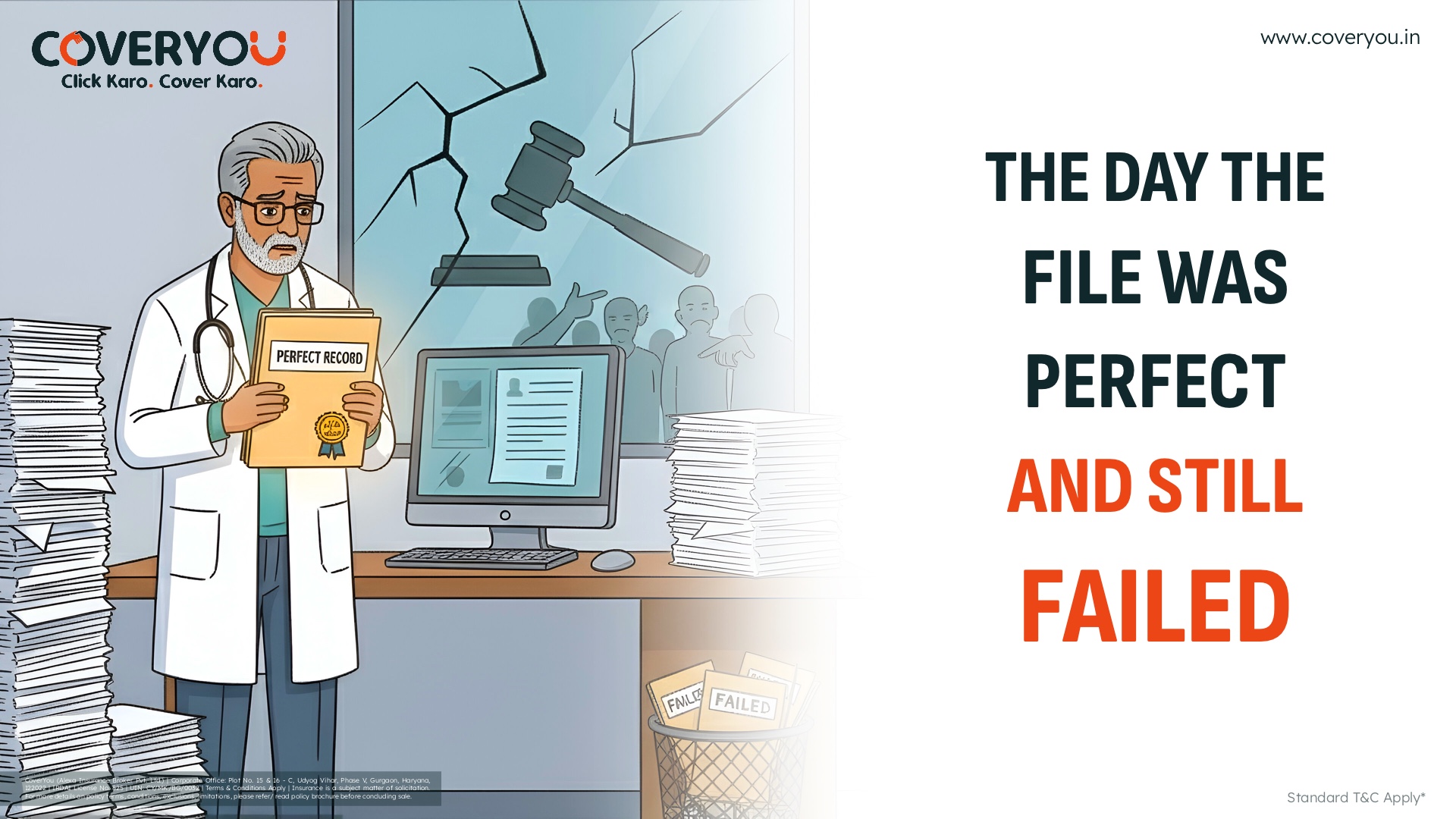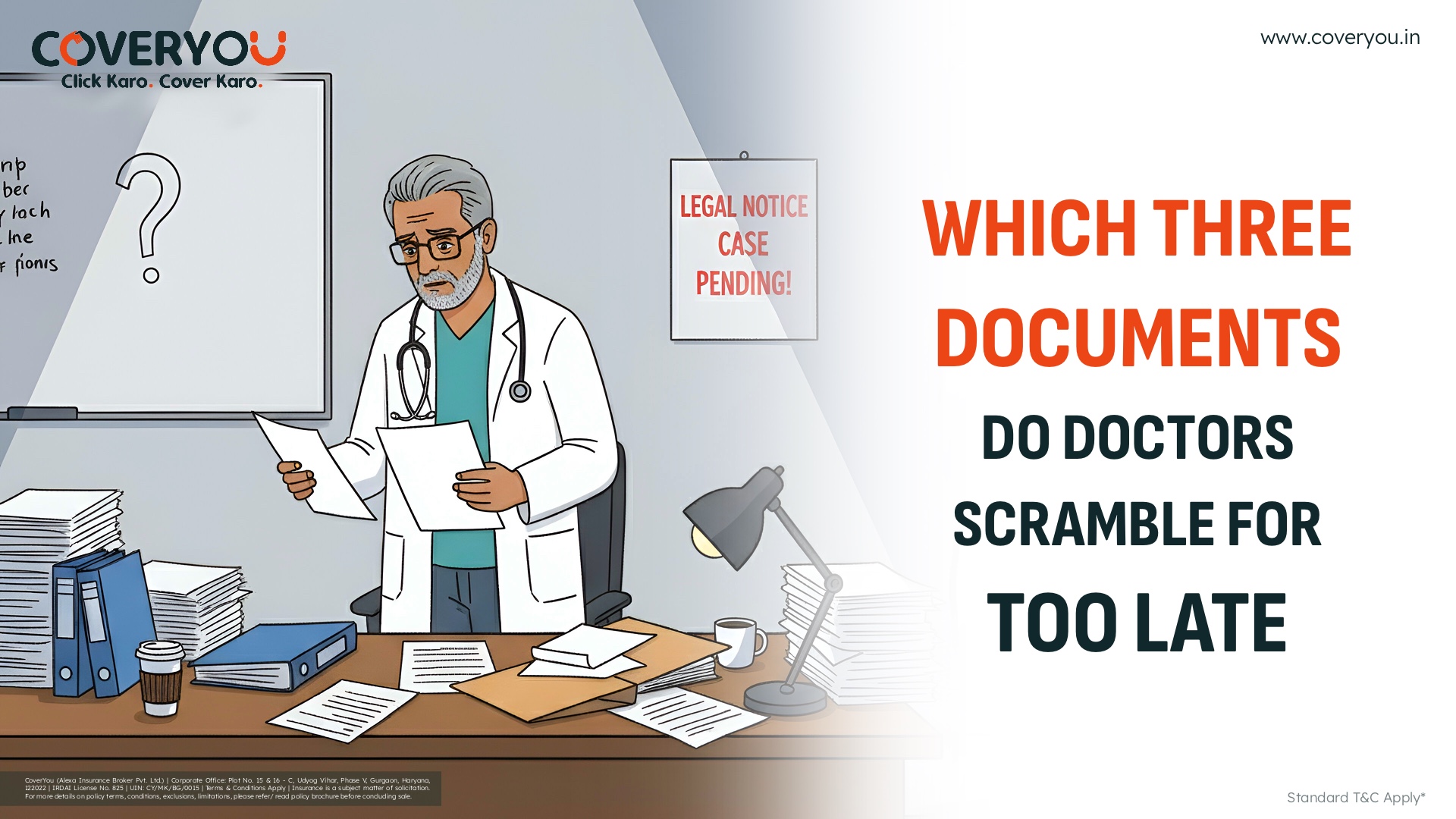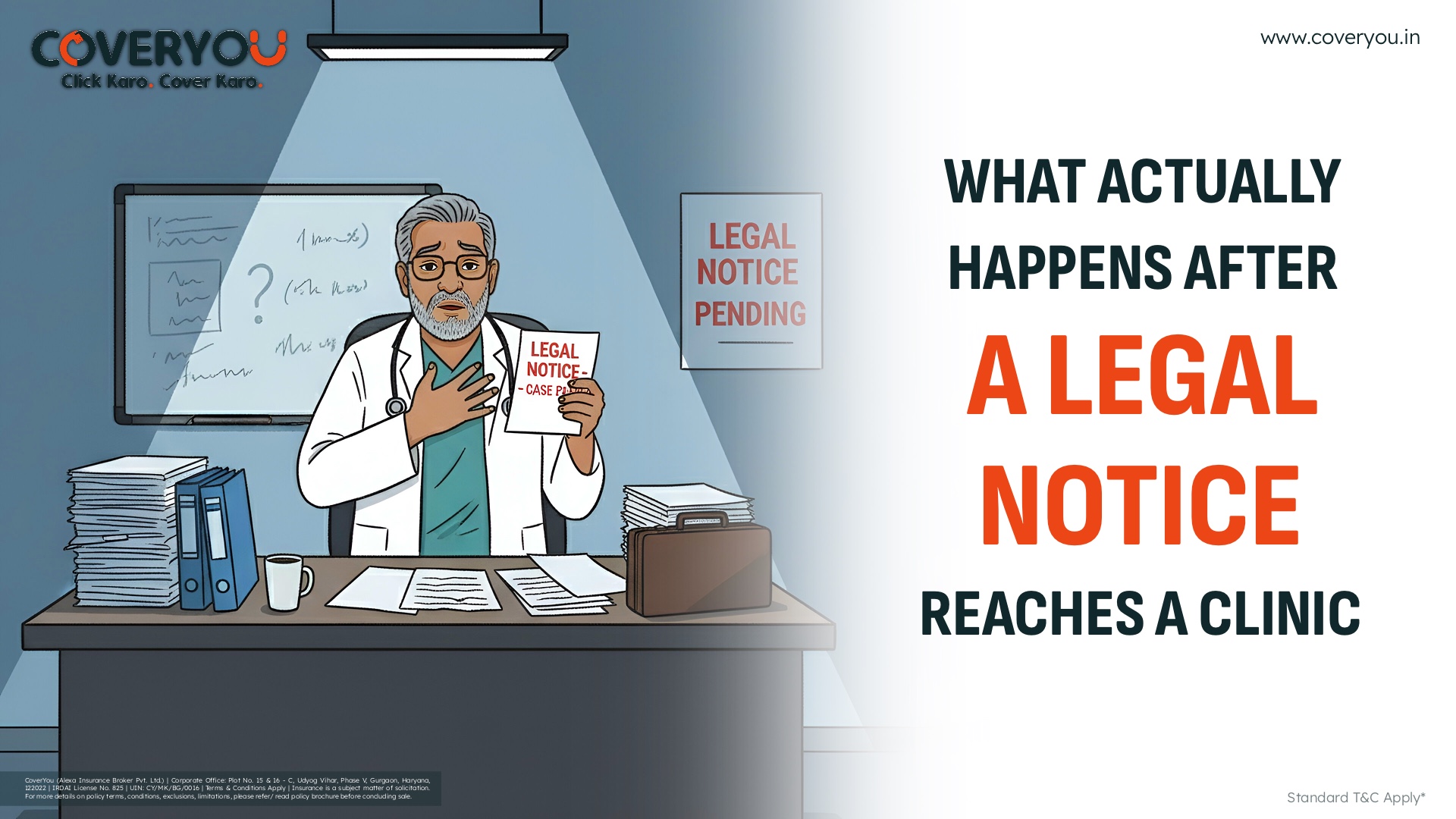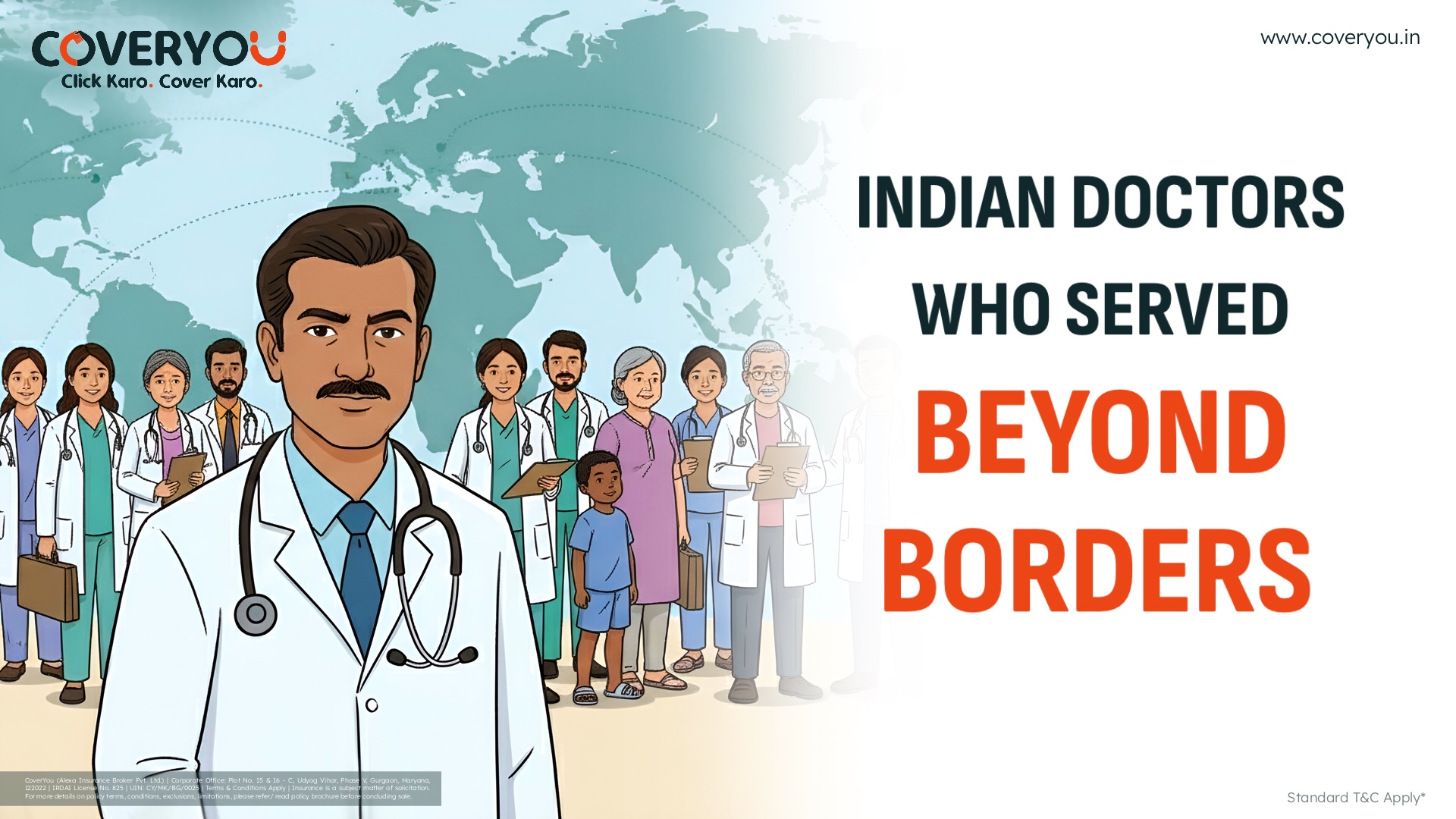The healthcare landscape is constantly evolving, driven by technological advancements, changing patient needs, and societal trends. Several emerging medical professions have gained prominence in recent years, offering innovative solutions to address various healthcare challenges. Telemedicine practitioners bridging geographical gaps to genetic counselors providing personalized care. All these professions are reshaping the way healthcare is delivered and experienced. However, along with their emergence comes new challenges that need to be addressed for these professions to reach their full potential.
Emerging medical professions in India are transforming the healthcare landscape, driven by advancements in technology, changing patient needs, and evolving healthcare policies. Healthcare data analysts encounter hurdles in data management and privacy protection, amidst a projected 20% annual growth in India’s healthcare analytics market.
Genetic counsellors are in high demand, with a projected 25% growth rate, addressing increased awareness of genetic disorders. Health informatics specialists grapple with data interoperability and cybersecurity issues. While over 30% of Indian healthcare providers adopt electronic health records. Remote patient monitoring technicians face challenges in device deployment and data accuracy, amid a projected 15% annual growth in India’s remote patient monitoring market.
Here are five emerging medical professions and their new challenges, along with relevant statistics:
1. Telemedicine Practitioners
Emergence: The COVID-19 pandemic accelerated the adoption of telemedicine in India. Telemedicine practitioners provide remote consultations, diagnoses, and follow-ups using digital platforms. According to recent data, teleconsultations surged dramatically during the pandemic, with over 40 million telemedicine consultations conducted in India between March 2020 and May 2021 alone.
Challenges:
- Technological Infrastructure: Despite progress, only 35% of India’s population has access to high-speed internet. This limiting the reach of telemedicine services, particularly in rural areas.
- Regulatory Framework: The Indian government released telemedicine practice guidelines in 2020, but consistent regulatory updates and adherence remain a challenge.
- Patient Trust and Awareness: Many patients are still sceptical about telemedicine, with surveys indicating that 40% prefer in-person consultations. Because of the concerns about accuracy and privacy.
- Training and Skills: Healthcare professionals require specific training to use telemedicine tools effectively, but there is currently a lack of standardised training programs.
- Data Security: Protecting patient data in digital consultations is crucial. A 2021 survey highlighted that 60% of healthcare organisations faced data breaches, emphasising the need for robust cybersecurity measures.
2. Genetic Counsellors
Emergence: With advancements in genomics, genetic counselling is becoming essential for managing hereditary conditions and personalised medicine.
Challenges:
- Awareness and Acceptance: Genetic counselling is a relatively new field in India, and awareness among both healthcare providers and patients is low. Only 10% of the population is aware of genetic counselling services.
- Limited Professionals: India is grappling with a substantial shortfall of healthcare professionals, with approximately 10 lakh doctors needed to reach the global average. This scarcity places immense strain on existing medical practitioners, heightening the likelihood of errors attributable to heavy workloads and fatigue. Presently, the doctor-to-patient ratio in India stands at around 1:834, a figure exacerbated by the country’s population growth rate of 0.92%, equivalent to 1.3 crores annually. Projections suggest that by 2032, India’s population will soar to 1.52 billion, intensifying the demand for healthcare services. Urgent reforms in the healthcare sector are imperative to effectively address this pressing issue and ensure adequate access to quality medical care for all.
- Cultural and Ethical Issues: Addressing genetic information within the context of India’s diverse cultural and religious beliefs presents unique challenges.
- Cost and Accessibility: Genetic testing and counselling can be expensive, with costs ranging from INR 10,000 to INR 50,000, making it inaccessible for many.
- Integration with Healthcare System: Integrating genetic counselling into mainstream healthcare requires systematic changes and collaboration among various medical specialities.
3. Health Informatics Specialists
Emergence: The digitalisation of health records and the adoption of electronic health records (EHR) systems have created a demand for health informatics specialists.
Challenges:
- Standardisation of Data: There is a lack of standardised protocols for data entry and management, which complicates data sharing and analysis.
- Training and Education: Specialised training programs for health informatics are still developing, with only a few institutions offering dedicated courses.
- Interoperability Issues: Ensuring different EHR systems can communicate with each other is critical, but currently, only 25% of hospitals report seamless interoperability.
- Privacy Concerns: Maintaining the privacy of patient data is a major concern, with many institutions not fully compliant with data protection regulations.
- Adoption Resistance: Healthcare providers often resist adopting new technologies due to the learning curve and changes in workflow.
4. Robotic Surgery Specialists
Emergence: Between 2012 and 2018, there was a notable surge in the utilisation of robotic surgery, rising from 1.8% to 15.1%. This advancement was particularly pronounced in specific procedures, exemplified by the remarkable 41-fold increase in the use of robotic surgery for inguinal hernia repair, escalating from 0.7% to 28.8% during the same timeframe.
Challenges:
- High Costs: Robotic surgical systems like the Da Vinci robot can cost upwards of INR 14 crore, making them accessible only to high-end hospitals.
- Training Requirements: Surgeons need extensive training to operate robotic systems proficiently, but training programs are limited.
- Maintenance and Downtime: Robotic systems require regular maintenance, and downtime can disrupt surgical schedules.
- Patient Perception: Some patients are wary of robotic surgeries, fearing mechanical errors or lack of human touch.
- Regulatory Hurdles: Gaining approval for new robotic systems and ensuring they meet safety standards can be a lengthy process.
5. Mental Health and Well-being Coaches
Emergence: With growing awareness of mental health, there is an increasing demand for mental health coaches. Mental health coaches will offer support and strategies for managing stress, anxiety, and other mental health issues.
Challenges:
- Stigma: Despite improvements, mental health stigma persists, deterring many from seeking help. A 2021 survey revealed that 70% of individuals with mental health issues do not seek treatment due to stigma.
- Credentialing and Standards: There is a need for standardised certification and training for mental health coaches to ensure quality care.
- Accessibility: Mental health services are predominantly urban-centric, with rural areas lacking adequate support.
- Integration with Healthcare System: Integrating mental health coaching with traditional healthcare systems requires structural changes and increased collaboration.
- Resource Allocation: Government and private sector investment in mental health resources remains insufficient, with mental health receiving only 1.3% of the health budget.
These emerging professions are crucial for the evolution of healthcare in India. the need of hour is to address their challenges to fully realise their potential and improve health outcomes across the country.
Navigate these challenges with CoverYou: Your Partner to tackle every obstacle in healthcare be it emerging or existing! CoverYou brings India’s 1st Democratic Insurance for Doctors where it helps curb the obstacles faced by doctors. Providing specialized insurance solutions, CoverYou not only mitigates potential liabilities but also fosters an environment. CoverYou offers conducive to quality care delivery to healthcare professionals in their professional lifecycle.
Sources :
https://www.ncbi.nlm.nih.gov/pmc/articles/PMC3698814/
https://www.psychiatry.org/patients-families/stigma-and-discrimination
https://timesofindia.indiatimes.com/blogs/voices/mental-health-care-analysis/

















